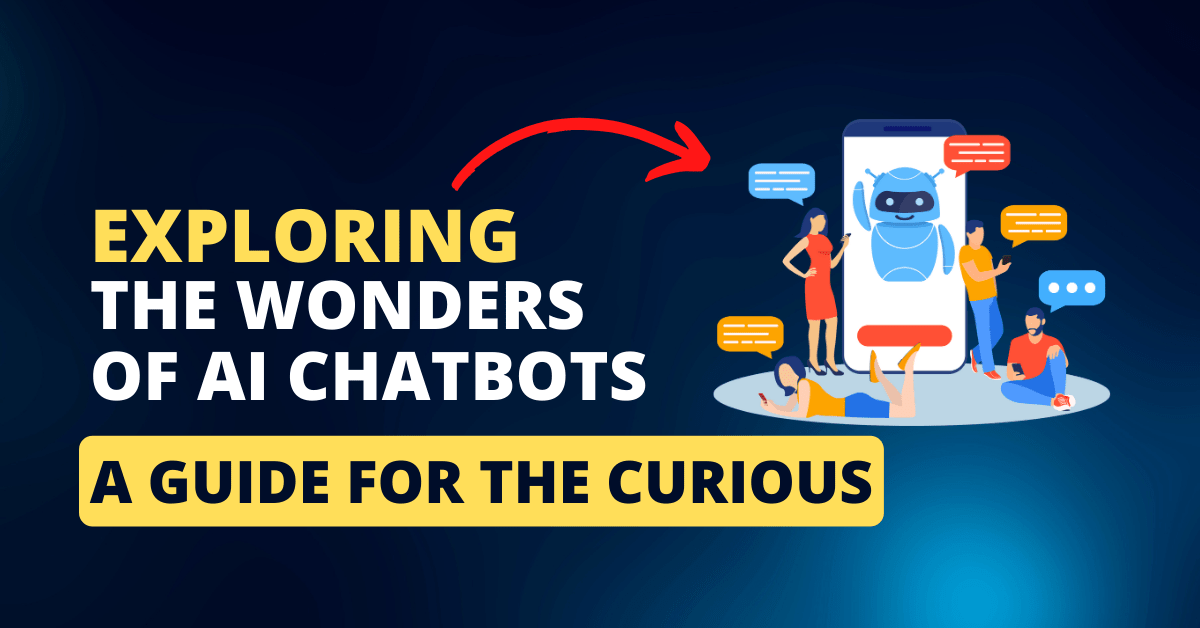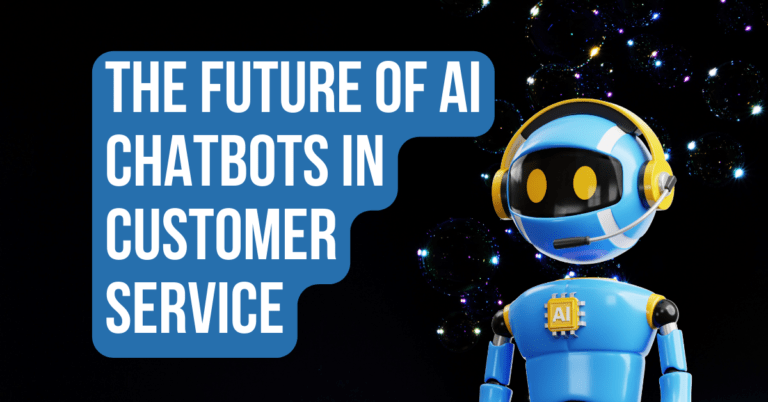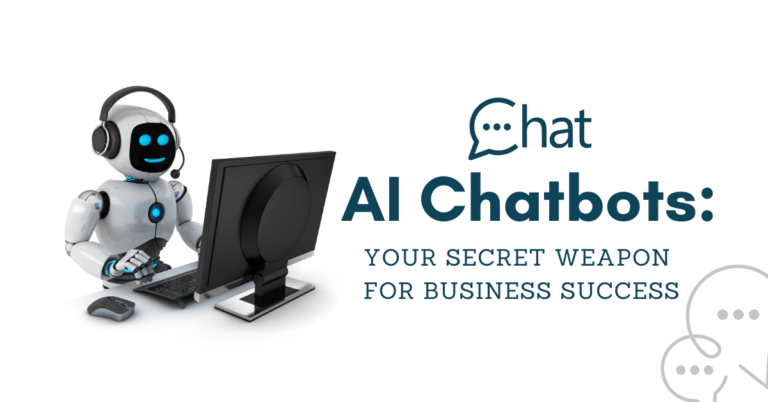AI chatbots have rapidly gained popularity and widespread usage in recent years. These intelligent virtual agents simulate human conversation using artificial intelligence technologies. In this blog, we will unravel the wonders of AI chatbots by exploring their evolution, inner workings, key uses, ethical considerations, future implications, success stories, tips for building effective chatbots, and more.
Evolution of AI Chatbots
Chatbot development has evolved over time. Initially, chatbots had basic rule-based systems, but advancements in AI technology, particularly in Natural Language Processing (NLP), have transformed them into more sophisticated conversational agents.
Understanding the Inner Workings of AI Chatbots
AI chatbots rely on Machine Learning and Deep Learning algorithms to understand and respond to user queries. Training and data acquisition play a vital role in improving chatbot performance. The loop of acquiring user feedback and leveraging it for continuous improvement is crucial for enhancing chatbot capabilities.
Exploring Key Uses of AI Chatbots
AI chatbots find extensive application in customer support and engagement, acting as virtual assistants and personal companions. They also streamline business processes, automate tasks, and increase efficiency.
Ethical Considerations and Challenges in AI Chatbot Implementation
Implementing AI chatbots also comes with ethical considerations. Preserving user privacy and ensuring data security are vital. Bias and discrimination in chatbot interactions need to be addressed to avoid negative consequences. Transparency and accountability in chatbot behavior are essential to build trust with users.
Future Implications and Possibilities of AI Chatbots
The future of AI chatbots looks promising. Integrating chatbots with emerging technologies like Virtual Reality (VR) and Internet of Things (IoT) opens up new possibilities. However, it is crucial to address job market impacts and automation concerns while considering the ethical boundaries of AI development.
Key Examples of AI Chatbot Success Stories
Several companies have successfully implemented chatbots to revolutionize customer service and create personalized experiences. Industries such as healthcare, finance, and education have also witnessed the innovative use of chatbots. Notable chatbot platforms and development frameworks contribute to building efficient and reliable chatbot solutions.
Tips for Building Effective AI Chatbots
When building chatbots, it is important to define their design and purpose effectively. Optimizing conversational skills, personalized interactions, and continuous testing and iteration are key to improving chatbot performance and user satisfaction.
Conclusion
AI chatbots have transformed the way businesses interact with customers and perform various tasks. With their evolution, versatility, and potential, AI chatbots are valuable tools for the future. By exploring their wonders, we can harness the power of AI technology while ensuring ethical responsibility and maximizing their benefits.
Thank you for reading! Share your experiences and questions in the comments below!




